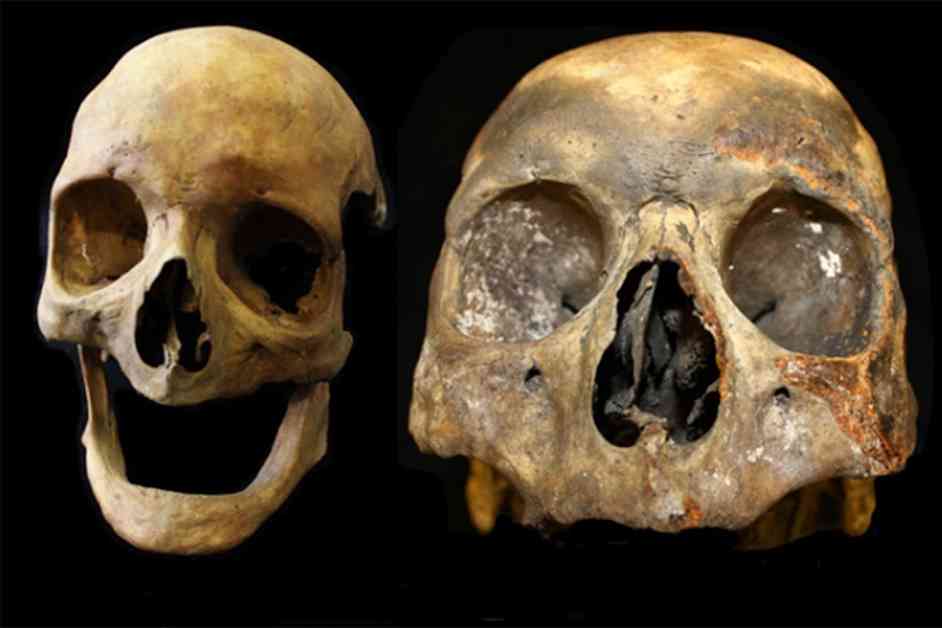The impact of smoking on human health has been well-documented, with detrimental effects on soft tissues and organs. However, a recent study by researchers from the University of Leicester has shed light on the long-term impact of smoking on bones.
The study, published in Science Advances, reveals that tobacco leaves traces in the bones of smokers that can last not only throughout their lives but for centuries after their deaths. By analyzing the molecular composition of bones using mass spectroscopy, researchers were able to identify 45 distinct molecular features that differentiate the bones of smokers from non-smokers.
Traditionally, archaeologists relied on dental evidence to determine if a skeleton belonged to a smoker, but this method proved ineffective when teeth were missing or did not survive. The new research provides a more reliable way to identify past tobacco users based on their skeletal remains.
Dr. Sarah Inskip, a co-author of the study, emphasized the significance of the findings, stating that tobacco use impacts the structure of our skeletons. This research not only highlights the historical prevalence of smoking but also underscores the enduring impact of tobacco on human health.
In addition to the well-known risks of smoking such as lung cancer and heart disease, the study also links smoking to bone-related conditions like low bone density, increased risk of fractures, and periodontitis. Understanding the skeletal consequences of smoking can provide valuable insights into the overall impact of this widespread habit on human health.
The research conducted by the University of Leicester team opens up new avenues for studying past pathological and health conditions associated with tobacco use. By examining human skeletal remains, researchers can gain a better understanding of the long-term effects of smoking on bones and its implications for musculoskeletal and dental disorders.
In conclusion, this study not only uncovers the historical impact of smoking on skeletal structure but also highlights the importance of addressing the long-term consequences of tobacco use on human health. By continuing to research and analyze the effects of smoking on bones, scientists can contribute to a better understanding of the risks associated with this harmful habit.












